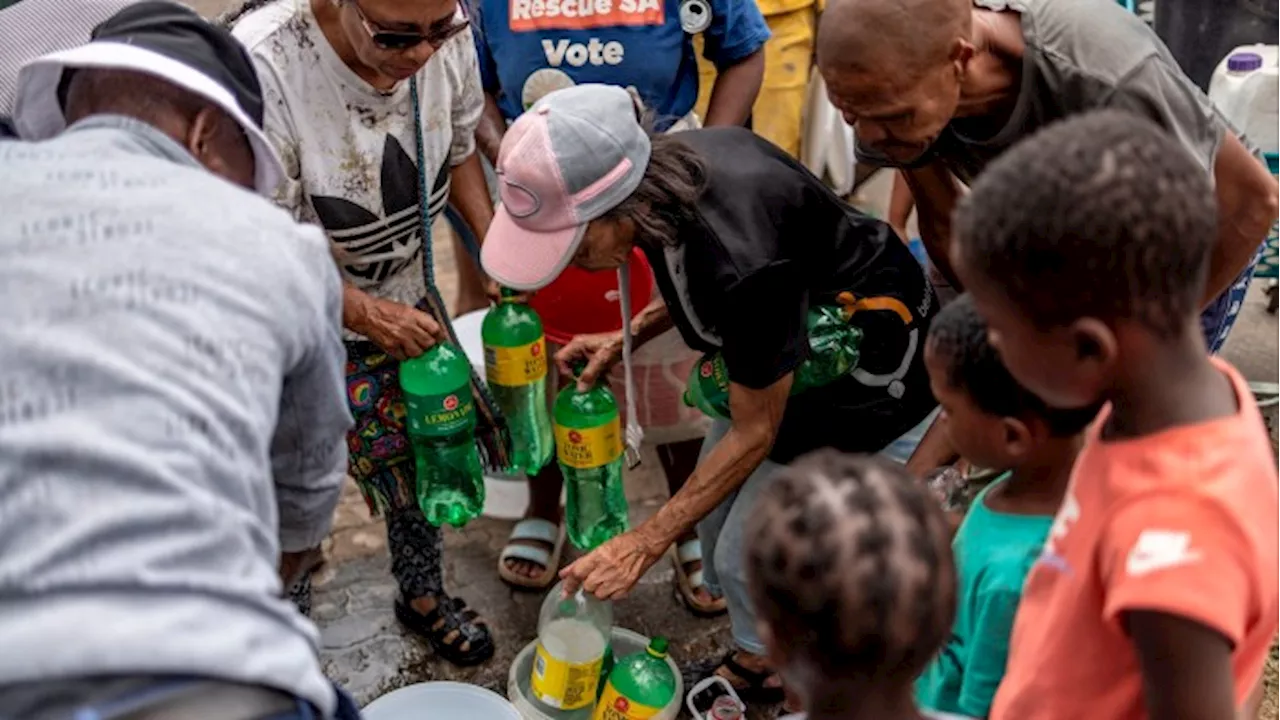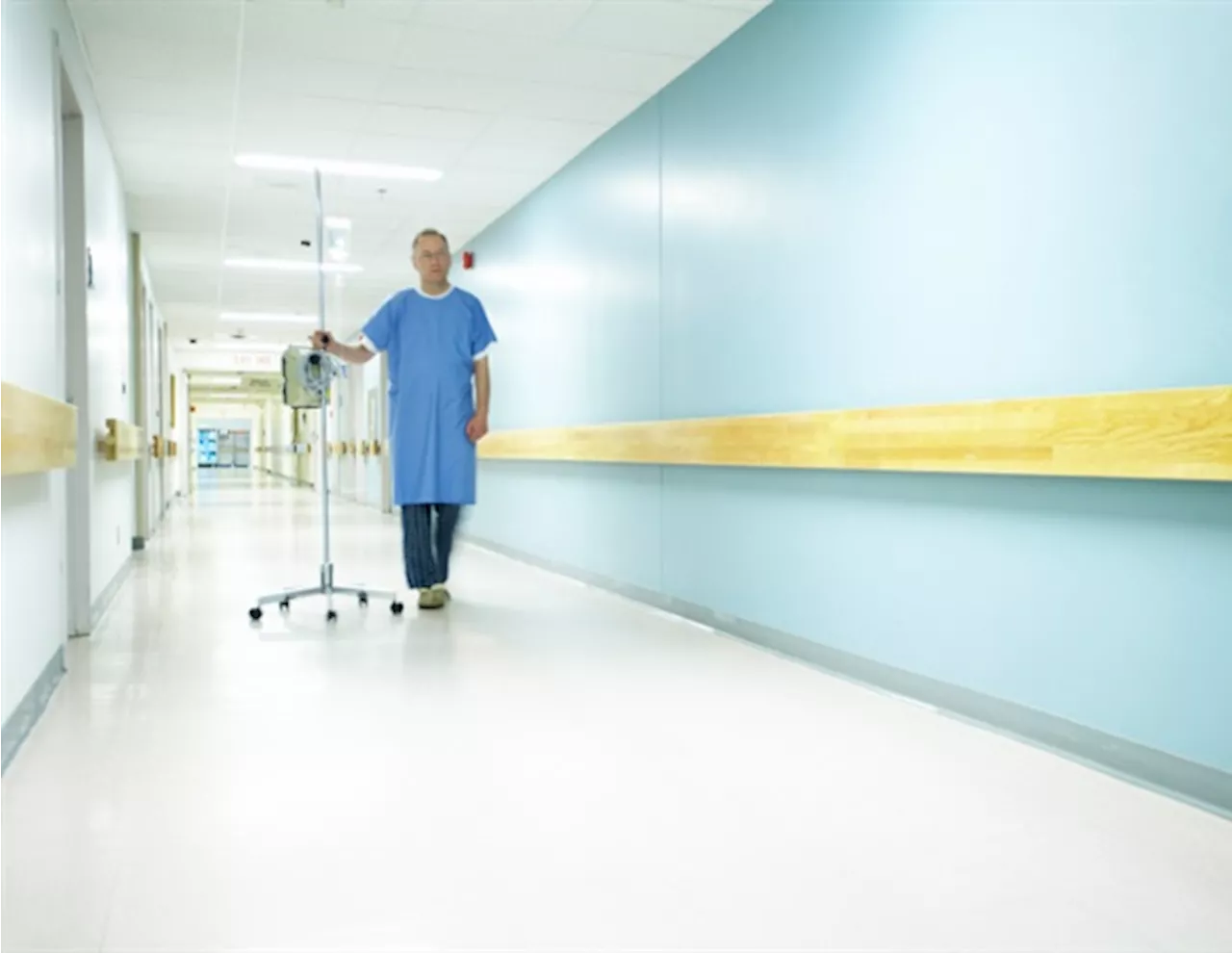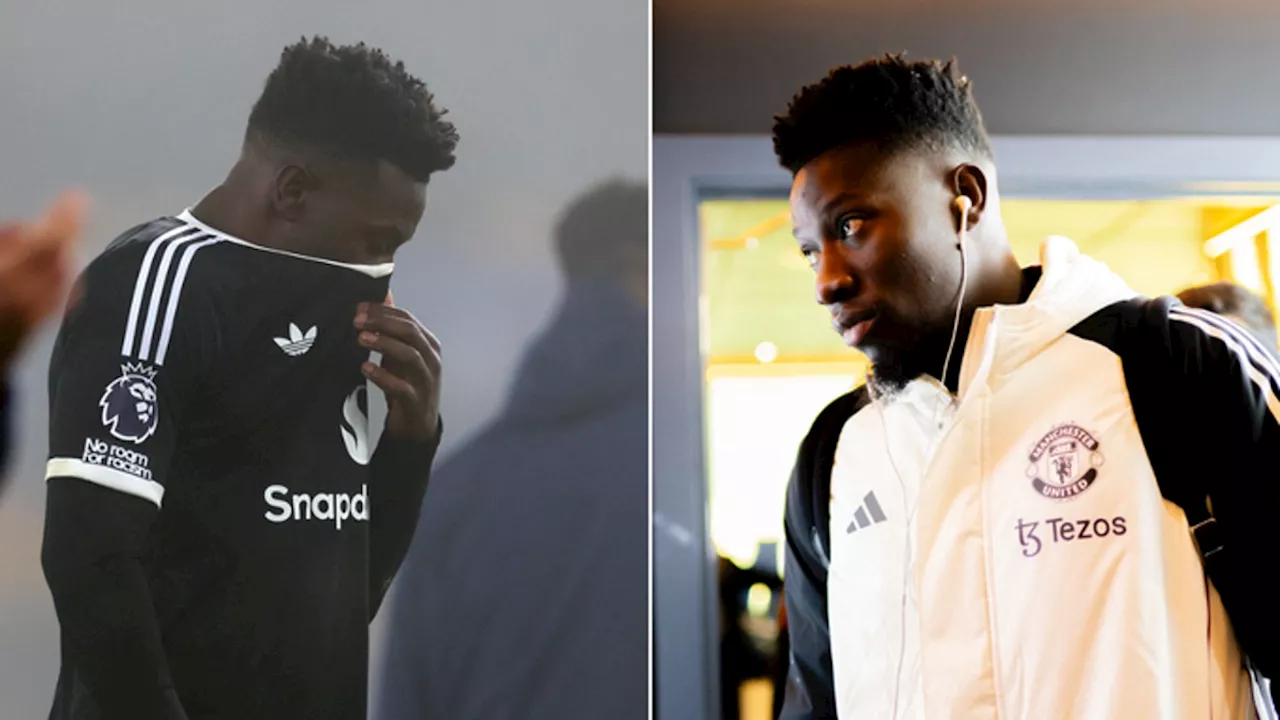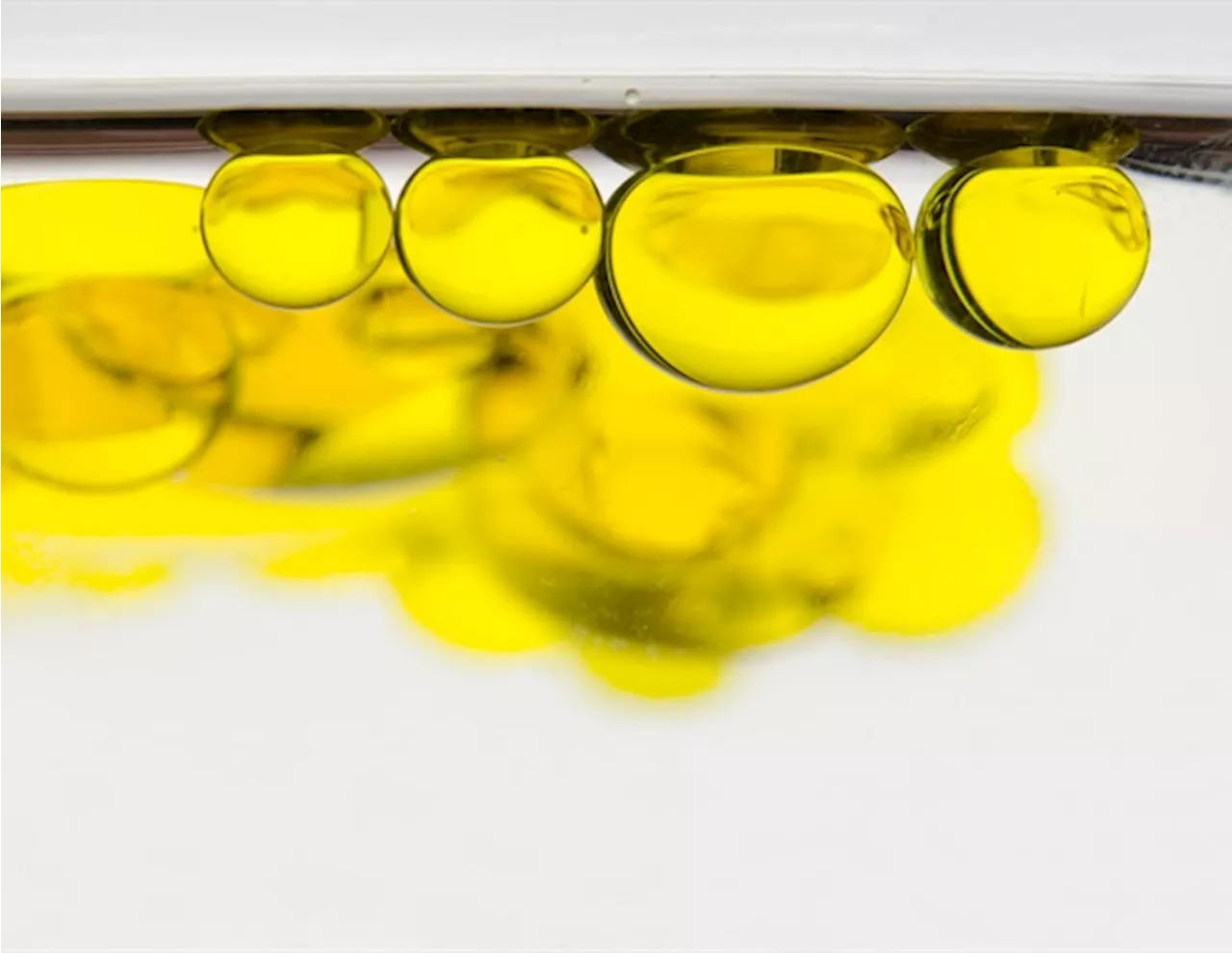Researchers at the University of Pennsylvania have developed a new class of lipids called BEND lipids, which significantly enhance the delivery of mRNA and gene-editing tools. These branched lipids overcome a major hurdle in LNP delivery, allowing them to escape endosomes and reach the cell's cytoplasm, where they can exert their therapeutic effects.
Every time a shuttle docks with the International Space Station (ISS), a delicate dance unfolds between the shuttle's docking system and its counterpart on the station. Thanks to international standards, these mechanisms are universally compatible, ensuring astronauts and cargo can safely and seamlessly enter the station.
A similar challenge arises at the microscopic level when lipid nanoparticles (LNPs) - the revolutionary drug delivery vehicles behind the COVID-19 vaccines - attempt to deliver mRNA to cells. Optimizing the design and delivery of LNPs can greatly enhance their ability to deliver mRNA successfully, empowering cells with the disease-fighting instructions needed to transform medicine. Escaping the endosome Unfortunately, even when LNPs reach their target cells, the nanoparticles are typically captured by endosomes - tiny protective sacs within the cell. If LNPs can't escape, it's like a shuttle getting stuck in the docking process, the safety of the station just out of reach. If the endosomal escape process doesn't happen, LNPs become trapped and cannot deliver therapeutic cargo. They can make it all the way from a needle into the cell, but if they don't open that final barrier, they're useless,' says Michael J. Mitchell, Associate Professor in Bioengineering (BE), University of Pennsylvania School of Engineering and Applied Science (Penn Engineering). A new approach A few years ago, researchers at Carnegie Mellon University made an intriguing discovery: adding a branch to the end of LNPs' normally linear lipid tails dramatically improved mRNA delivery. This discovery prompted Marshall Padilla, a postdoctoral fellow in the Mitchell Lab, to question if it could serve as the key to developing more effective lipids for mRNA delivery. 'Every day, researchers are making new lipids to enhance the efficacy and safety of LNPs,' says Padilla. 'But we lack a clear set of rules for designing better lipids.' Most research in the field is like a guessing game. Researchers test large libraries of lipid variations, without fully understanding why some work better than others. Padilla, who has a Ph.D. in Chemistry from the University of Wisconsin-Madison, believed that it might be possible to go beyond trial-and-error and design lipids with branched tails from the start to improve their ability to escape endosomes. Introducing BEND lipids One major challenge in making these improved lipids was the difficulty of creating branched ionizable lipids - key components of LNPs that change their charge to help them escape the endosome. These lipids are not commercially available in a branched form, so Padilla had to create them himself. Related Stories'The key issue was forming carbon-carbon bonds, which are notoriously difficult,' says Padilla. 'I used a complex mix of lithium, copper and magnesium to make the reaction work.' The result is a new class of lipids called branched endosomal disruptor (BEND) lipids. These unique, branched molecules help LNPs break through the endosomal membrane, making them more effective at delivering mRNA and gene-editing tools. Improving mRNA delivery In a recent study in Nature Communications, Mitchell, Padilla and their collaborators demonstrate that BEND lipids improve LNP delivery of mRNA and gene-editing tools, in some cases by as much as tenfold. After testing BEND lipids in a variety of experiments - from editing genes in liver cells to running complex biochemical simulations - the researchers concluded that BEND lipids reliably outperform even the LNPs used by Moderna and Pfizer/BioNTech, the makers of the COVID-19 vaccines. 'We found that our branching groups allow the lipids to help facilitate the escape of our payload from the endosome, where most cargo is destroyed, into the cytosol, where it can perform its intended therapeutic effect,' says Padilla. Designing better therapeutics The researchers hope BEND lipids will not only improve LNP delivery but also inspire a new approach to designing lipids, moving away from trial-and-error methods. With a better understanding of how lipids work, researchers could better develop new delivery vehicles for cutting-edge treatments. 'Testing hundreds to thousands of LNPs and seeing which one works can be a major time, cost and labor burden - many labs are not capable of doing this,' says Mitchell. 'You want to know the rules so you can design solutions efficiently and cost-effectively.'
Lipid Nanoparticles Mrna Delivery Gene Editing Endosomal Escape BEND Lipids Therapeutics
United Kingdom Latest News, United Kingdom Headlines
Similar News:You can also read news stories similar to this one that we have collected from other news sources.
 Johannesburg Reels From Water Cuts, Highlighting South Africa's Service Delivery StrugglesResidents and businesses in Johannesburg are experiencing extended water outages of up to 86 hours, exposing the economic toll of South Africa's struggle to provide essential services. Experts attribute the worsening situation to poor resource management, neglected infrastructure, and corruption. The potential consequences of continued water cuts threaten to surpass the damage caused by years of power outages, which have hampered economic growth.
Johannesburg Reels From Water Cuts, Highlighting South Africa's Service Delivery StrugglesResidents and businesses in Johannesburg are experiencing extended water outages of up to 86 hours, exposing the economic toll of South Africa's struggle to provide essential services. Experts attribute the worsening situation to poor resource management, neglected infrastructure, and corruption. The potential consequences of continued water cuts threaten to surpass the damage caused by years of power outages, which have hampered economic growth.
Read more »
 Teenager Battling Cancer and Blind Lockdown Delivery Man HonoredA young cancer fighter and a blind man who walked 1,000 miles to deliver prescriptions during lockdown are among hundreds of community volunteers recognized for their extraordinary service.
Teenager Battling Cancer and Blind Lockdown Delivery Man HonoredA young cancer fighter and a blind man who walked 1,000 miles to deliver prescriptions during lockdown are among hundreds of community volunteers recognized for their extraordinary service.
Read more »
 Sleep Expert Reveals Ways to Improve Sleep QualityA new survey reveals that over half the UK population struggles with sleep, impacting their health and well-being. Sleep expert Dr. Nerina Ramlakhan discusses the causes of sleep deprivation and offers advice on how to improve sleep quality.
Sleep Expert Reveals Ways to Improve Sleep QualityA new survey reveals that over half the UK population struggles with sleep, impacting their health and well-being. Sleep expert Dr. Nerina Ramlakhan discusses the causes of sleep deprivation and offers advice on how to improve sleep quality.
Read more »
 Hospital Mergers and Acquisitions Don't Improve Care or Lower Costs, Study FindsA new study published in the Journal of the American College of Surgeons finds that mergers and acquisitions of U.S. hospitals and health systems rarely lead to improvements in the quality of care or reductions in healthcare costs.
Hospital Mergers and Acquisitions Don't Improve Care or Lower Costs, Study FindsA new study published in the Journal of the American College of Surgeons finds that mergers and acquisitions of U.S. hospitals and health systems rarely lead to improvements in the quality of care or reductions in healthcare costs.
Read more »
 Former United Goalkeeper Advises Onana to Leave if Things Don't ImproveMassimo Taibi, a former Manchester United goalkeeper, has suggested that Andre Onana should consider leaving the club if his performance doesn't improve by the end of the 2024/25 season. Taibi believes Onana might be better suited to another European league due to the Premier League's demanding nature.
Former United Goalkeeper Advises Onana to Leave if Things Don't ImproveMassimo Taibi, a former Manchester United goalkeeper, has suggested that Andre Onana should consider leaving the club if his performance doesn't improve by the end of the 2024/25 season. Taibi believes Onana might be better suited to another European league due to the Premier League's demanding nature.
Read more »
 HMRC Seeks Private Sector Advice to Improve Customer ServiceIn an effort to address complaints regarding its customer service, HMRC is consulting with banks, retailers, and energy firms on best practices. The agency aims to learn from the private sector's experience in improving customer service and apply these lessons to its own operations.
HMRC Seeks Private Sector Advice to Improve Customer ServiceIn an effort to address complaints regarding its customer service, HMRC is consulting with banks, retailers, and energy firms on best practices. The agency aims to learn from the private sector's experience in improving customer service and apply these lessons to its own operations.
Read more »
